Army on the border, invasion in the air; "It resembles genocide"
The crisis around Ukraine is not subsiding.
Wednesday, 15.12.2021.
23:18
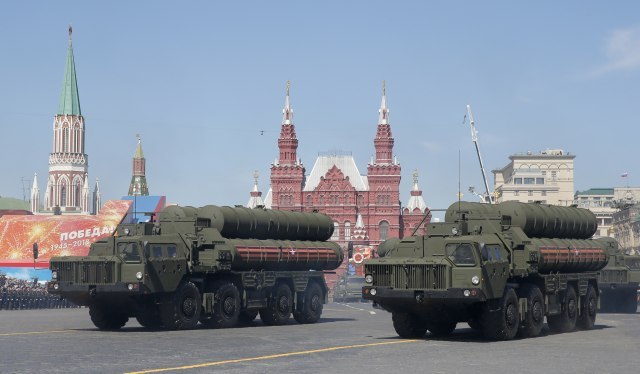
Army on the border, invasion in the air; "It resembles genocide"
Ever since it was noticed that Russian troops were accumulating on its eastern border, and fears of a possible invasion were growing, international rhetoric has become sharper, and the conversation between Vladimir Putin and Joe Biden has not contributed much to de-escalation.A few days after the summit of two leaders from which too much was expected, which apparently brought little, Putin said that the situation in Donbas was reminiscent of "genocide" and that "Russophobia was the first step" towards that. After the video conversation, Biden said that he warned Putin that Russia would pay a "terrible price" and face the devastating economic consequences if it attacked Ukraine. European Union has already reacted and yesterday imposed sanctions on the Russian Wagner group, as well as on three other entities and individuals.
In the past, warnings and threats rained down on all sides. The G7 group warned Russia of "massive consequences" if it attacks Ukraine.
NATO Secretary General Jens Stoltenberg has rejected Russia's demands to withdraw its commitment to Ukraine from 2008 that the country will one day become a member of the Western military alliance.
British Prime Minister Boris Johnson warned that any Russian action against Ukraine would be a "strategic mistake" with significant consequences, while his Defense Minister Ben Wallace called on Putin to withdraw his army and warned of severe consequences.
While tensions are boiling, experts generally agree that the possibility of a Russian invasion is small. Former Serbian ambassador to Russia Jelica Kurjak recently said that it was unlikely that there would be an open military conflict and that it was "almost zero" for a conflict between East and West.
"That time has passed and now some other means and some other methods are at stake," Kurjak told Blic. While the United States said on December 7, on the eve of the video conversation between Putin and Biden, that it would send reinforcements to the eastern side of NATO in response to a potential invasion, the U.S. President then specified that he would not send his troops to Ukraine.
"The idea that the United States will use force unilaterally to confront Russia in the event of its invasion of Ukraine is currently unrealistic," Biden said.
"Probability up to 30 percent"
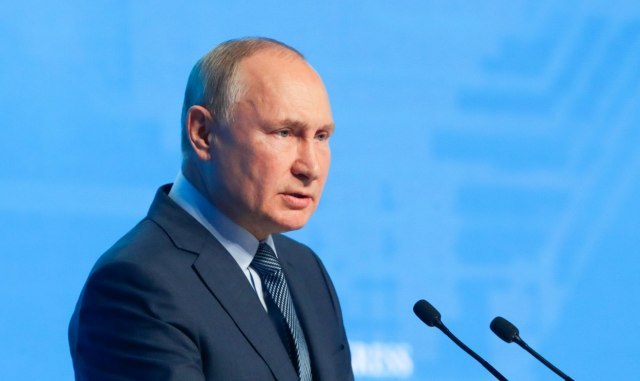
"The possibility of a big conflict, although it is definitely not inevitable yet, can be estimated at 25-30 percent," Muradov said. He explained that the Russian President perceives Ukraine as "unfinished business", but that the growing distance of Kiev from Russia "disturbs" him.
On the one hand, Putin and the Russian "silovik" elite perceive Ukraine as unfinished business, realizing that the Ukrainian army and society in the period 2014-2015 showed much greater combativeness and resilience than expected and forced Russia to reduce its ambitions, while evidence of the established anti-Russian consensus in Ukraine signals the failure of Moscow's attempts at "soft power" and attempts to prove that the brotherhood of two close nations was violated by the "anti-national junta in Kiev", says Muradov.
The Azerbaijani analyst added that hardliners, advocates of the "final decision" on the Ukrainian problem, must be taken into account.
They now carry much more weight in Putin's circle than they did seven years ago (after the annexation of Crimea). It consolidated these groups to some extent and introduced bitter resentment, as evidenced by the dramatic spread of repressive practices in Russia itself and the suffocation of civil society contained in the introduction of draconian laws on 'foreign agents' and freedom of speech, based on the motivation of revenge and symbolic politics, not rational calculations", he said.
"Ready to fight"
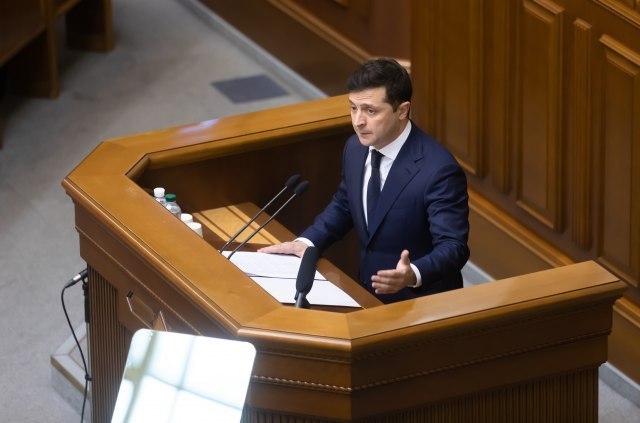
"This creates a dangerous combination of feelings of humiliation and impunity in the minds of Russia's elites, which is, of course, conducive to supporting military action. There are also concerns about water shortages in Crimea, which are only getting worse every year. That was one of the main motives of Russia to attack in the discussions this April, and it will definitely remain on the agenda. An attack from the south in order to solve the problem and at the same time open the land corridor between Crimea and Donbas is one of the most proposed and discussed scenarios," Muradov said.
However, as he pointed out, there are many factors that discourage Russia's open aggression, and one of them is the understanding that Ukraine is ready to fight and that it is now better equipped than seven years ago.
"Its latest acquisitions include the American portable anti-tank missile and light anti-fire radar systems AN / TPQ-53, the Turkish "Bayraktar" drones and patrol boats, and it also received a huge loan from Britain to buy its military equipment," Muradov said.
Ukrainian Foreign Minister Dmitro Kuleba recently said that "many Russian soldiers would die" in the event of an invasion, and Kiev Mayor Vitali Klitschko joined the harsh rhetoric on Tuesday.
"We are preparing all over Ukraine for Russian President Vladimir Putin to give the order to start the war. As a soldier, I once swore to defend this country and now I am ready to fight for the homeland," the former boxer told Bild.
The hope of Russia
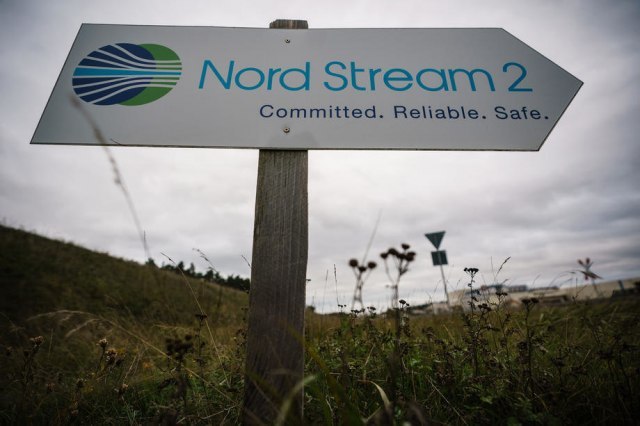
"Putin clearly understands that a major attack would most likely trigger much tougher Western sanctions, including cutting off Moscow's financial flows and banning any technological and scientific exchanges," Muradov said.
He pointed out that this factor is capable of causing serious political and personal damage to the elites, and that is why Russia is trying to discredit the Ukrainian government. "Russia's best hope is to make the Ukrainian President feel so vulnerable that he would launch an attack on his own, giving Moscow an excuse to resume fighting, or to provoke domestic chaos in Ukraine and bring in weak governments that could be much more inclined to accept Russian conditions", said Muradov.
The ideal scenario for Moscow would be turmoil at home in Ukraine, and one of the focal points is the Nord Stream 2 gas pipeline, which runs directly from Russia to Germany. By bypassing Ukrainian transit, Russia would eliminate one of Kiev's last trump cards to deter a possible invasion. U.S. Secretary of State Antony Blinken warned earlier that "it is unlikely that gas will flow through the Nord Stream 2 gas pipeline if Russia renews its aggression against Ukraine."
"It is no coincidence that the rise of Russian aggressive rhetoric and troop gatherings along the border with Ukraine started after the green light was given to the pipeline. By restricting gas exports to Ukraine and threatening to cut them off completely, Moscow hopes to activate the danger of a cold winter without heating, which will incite domestic discontent within Ukraine, and at the same time presents Kiev as an unreliable partner for Western Europe.
"Presenting Kiev as a European 'enfant terrible' that threatens natural European interests for its own whims has long been a constant feature of the Russian game, and when it comes to energy security, many ears in Europe are becoming particularly receptive to it," Muradov said.
"Another episode in the Russian hybrid war"
The gas pipeline is not the only problem in Ukraine. At the end of November, Zelensky replaced the head of the counter-intelligence department of the Security Service as part of the investigation into the coup allegedly planned for December 1."Moscow sees an ideal scenario in increasing its gains in Ukraine without entering into a dangerously unpredictable conflict. Nothing can help it more than another round of domestic unrest in Ukraine because, first, it will completely reduce Ukraine's capacity to successfully maintain the status quo. Secondly, it will provide huge opportunities for Moscow's "agents of influence" in Kiev to provoke irresponsible military action that would legitimize Russia's harsh response, and thirdly it would undermine Ukraine's image as a reliable partner in the West and discourage them from actively supporting Kiev", Muradov said. He pointed out that the simultaneous accumulation of tensions between Moscow and Kiev and the storm of criticism of Zelensky in Ukraine is not a coincidence, but rather "another episode in the Russian hybrid war."
"Of course, that would be a perfect opportunity for Moscow to react if radical nationalists come to power in Ukraine, or at least to start dictating to the government what to do," Muradov concluded.


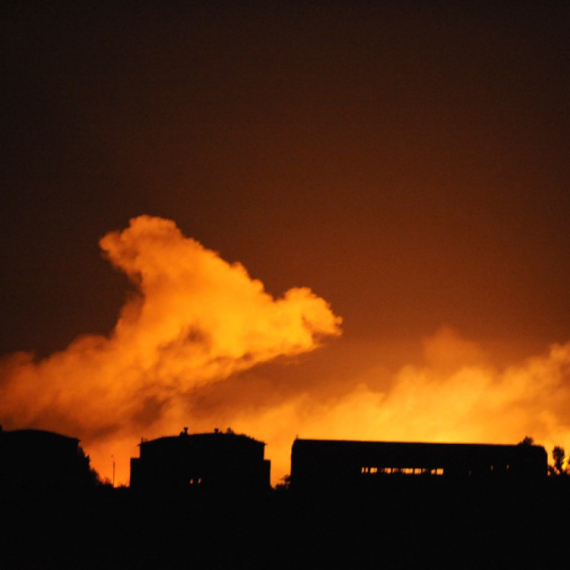
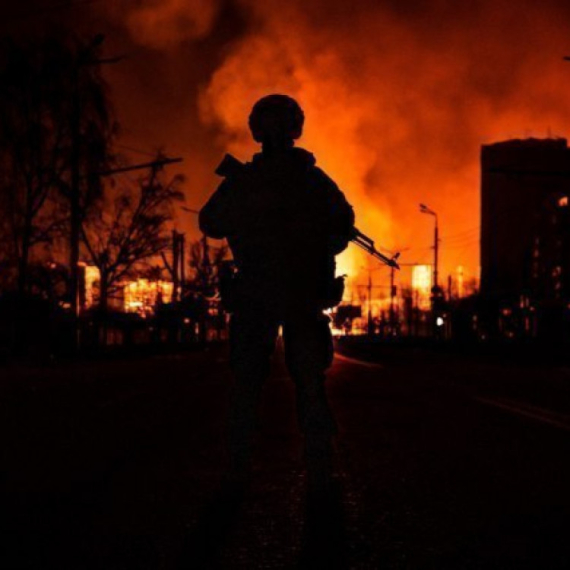
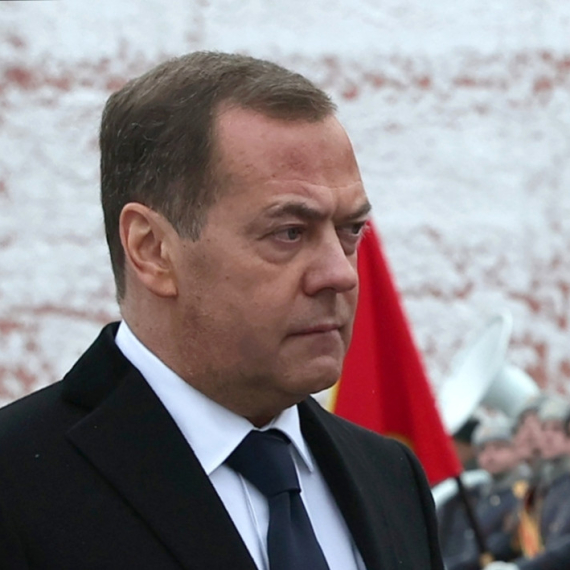
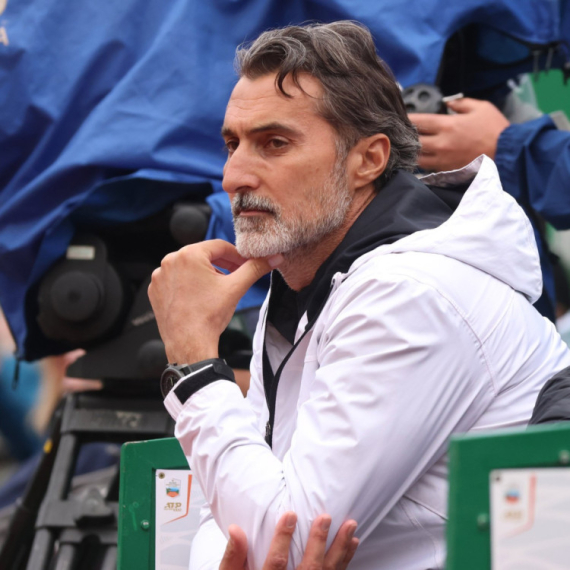
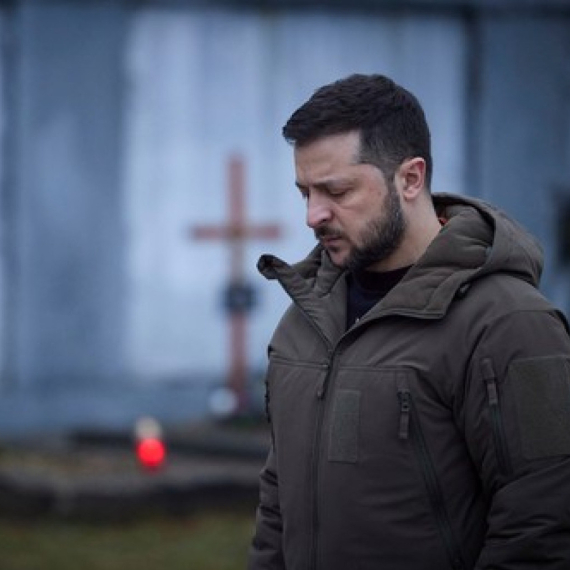




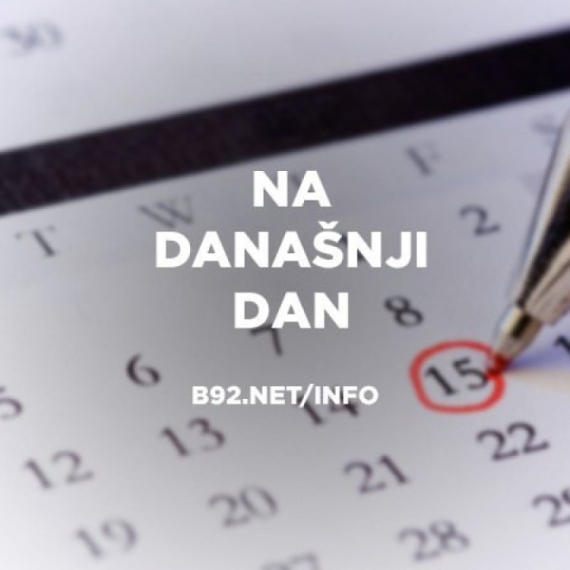


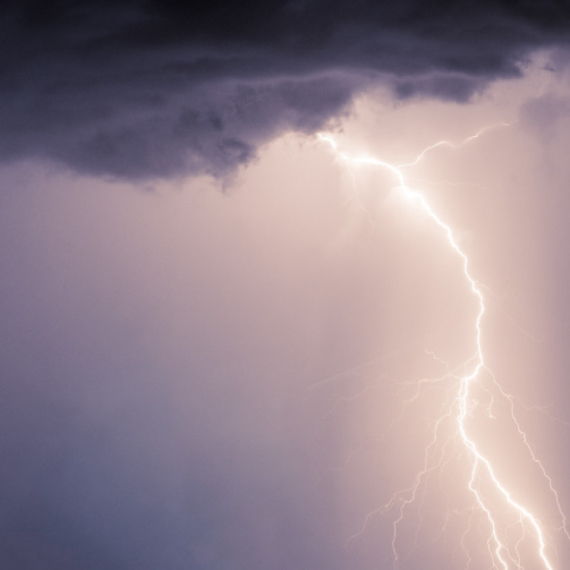
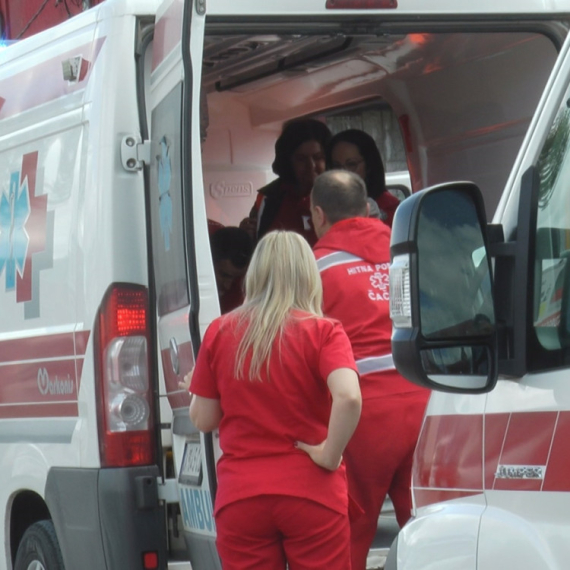
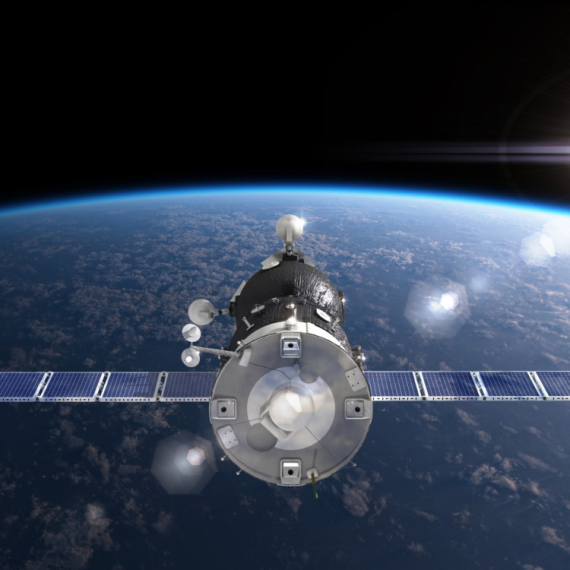
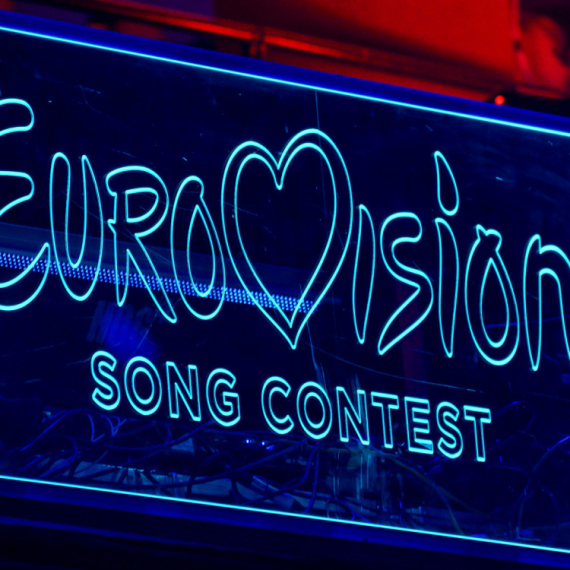

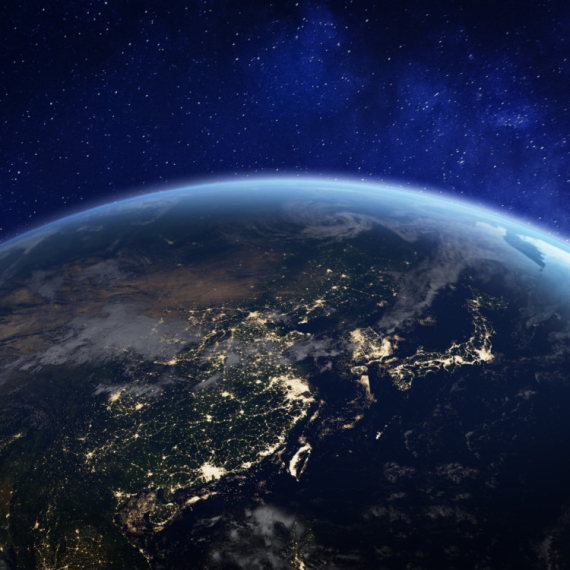






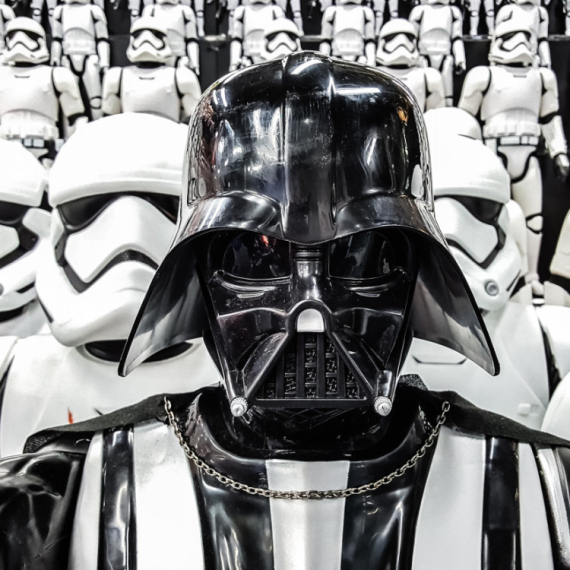

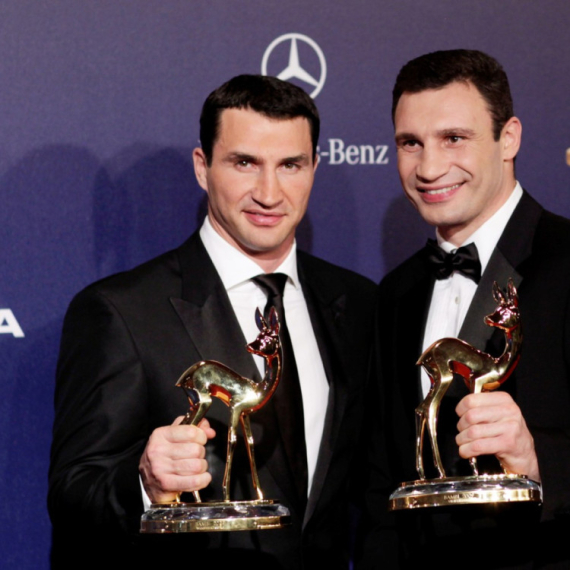

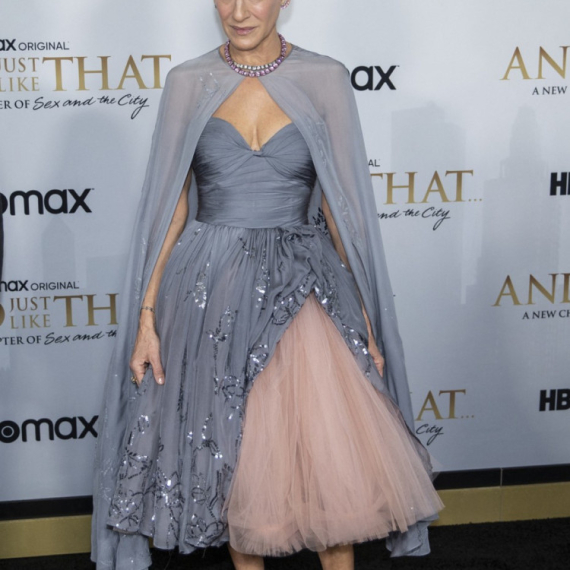





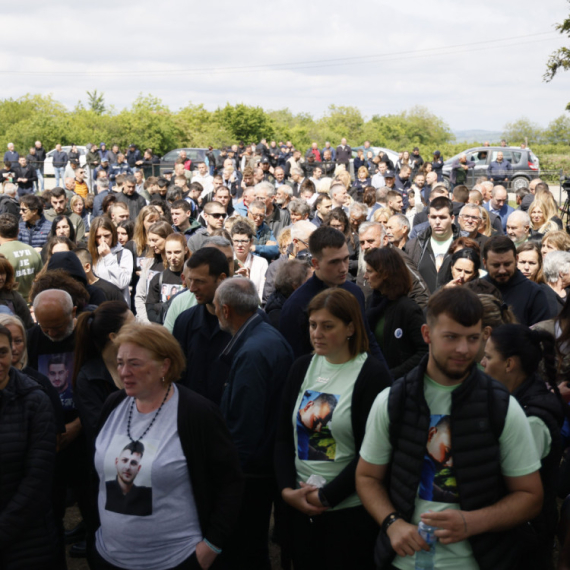
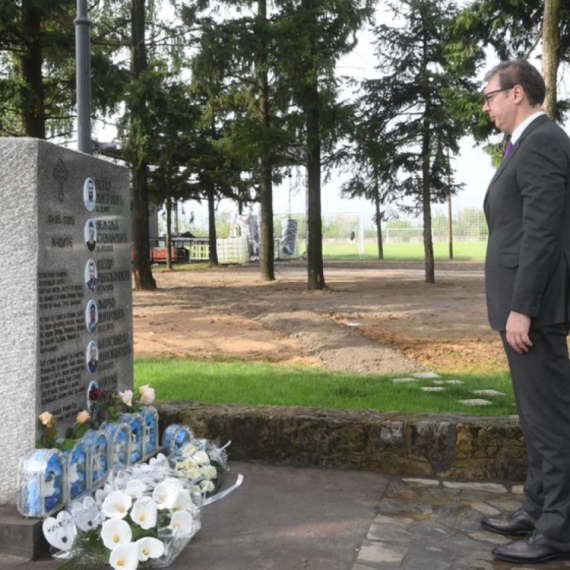
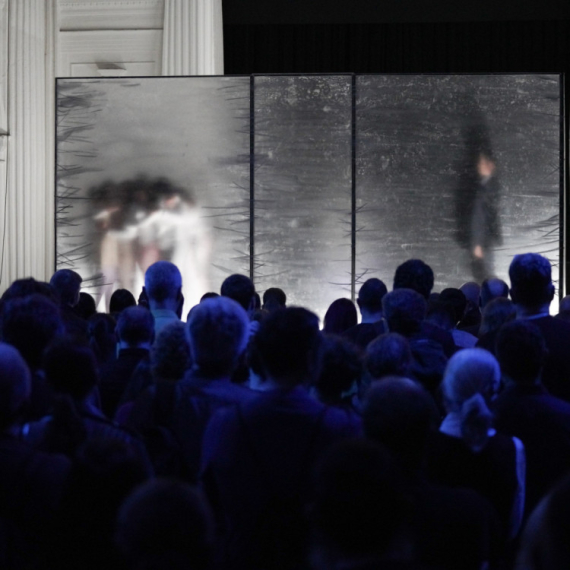
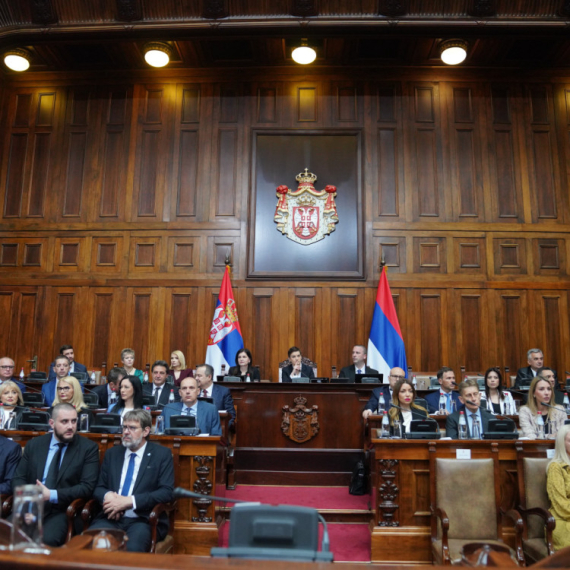

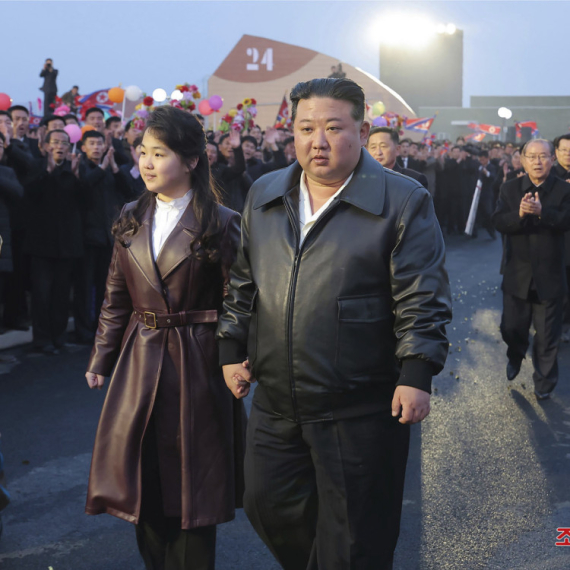

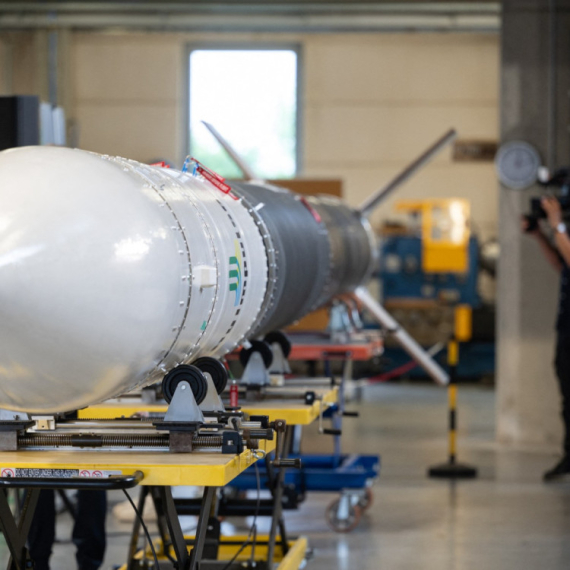
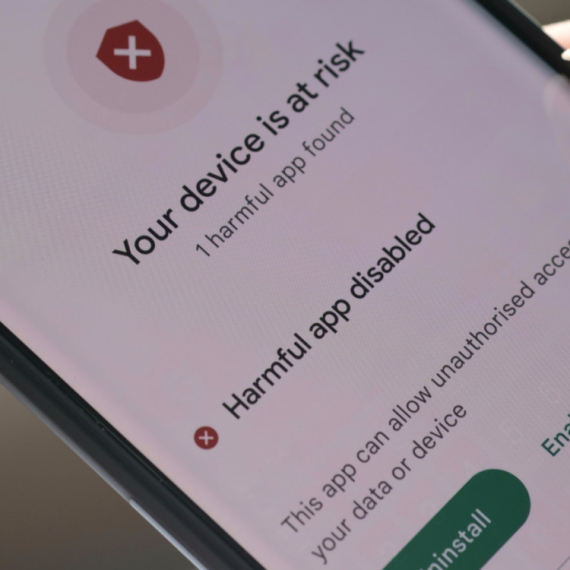
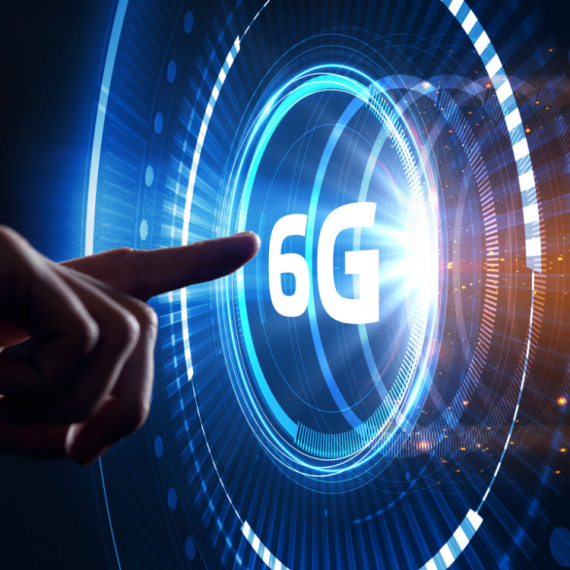



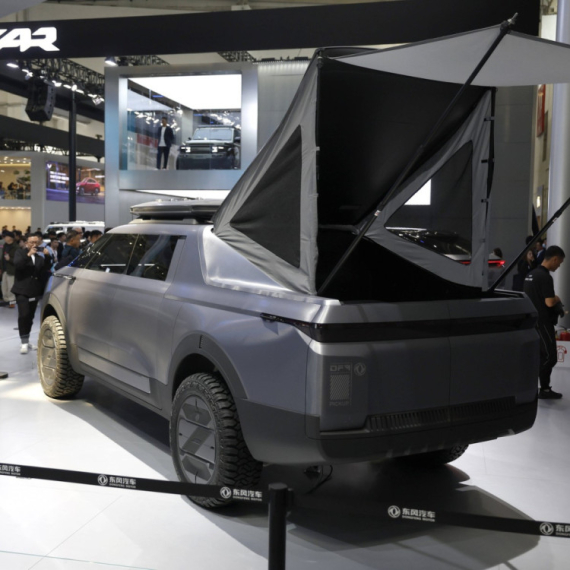
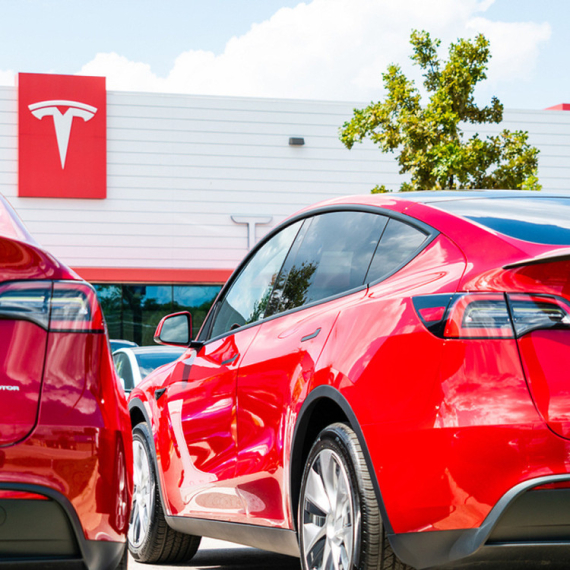
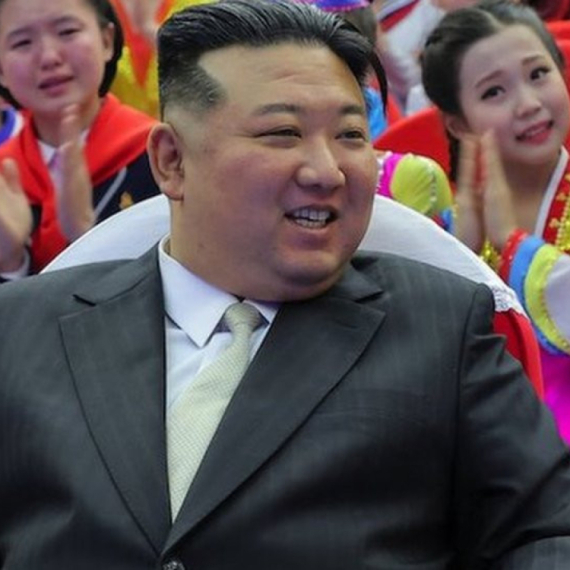
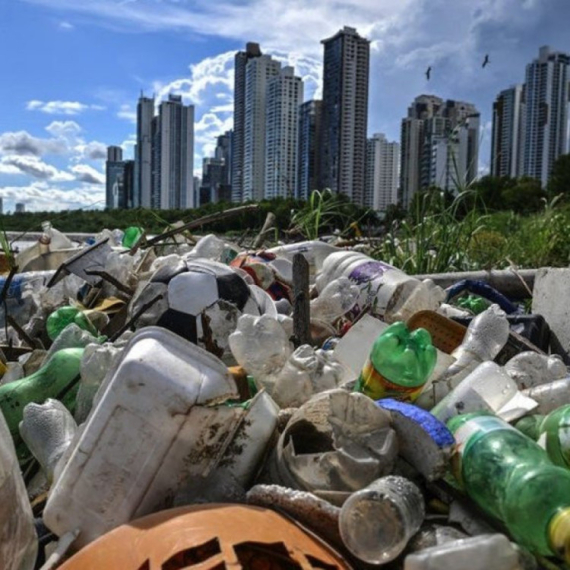
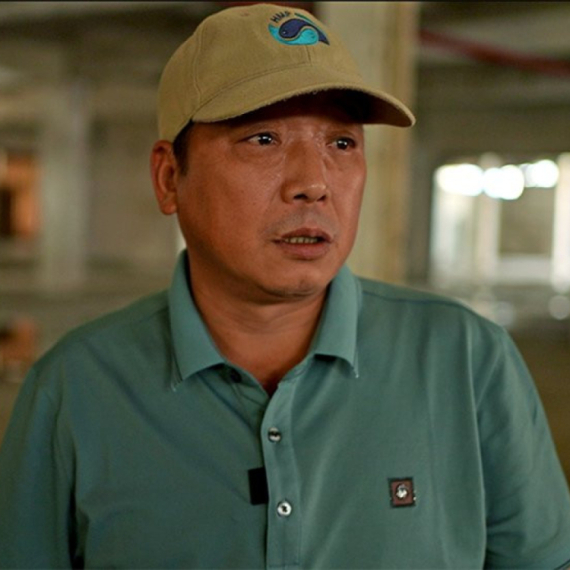
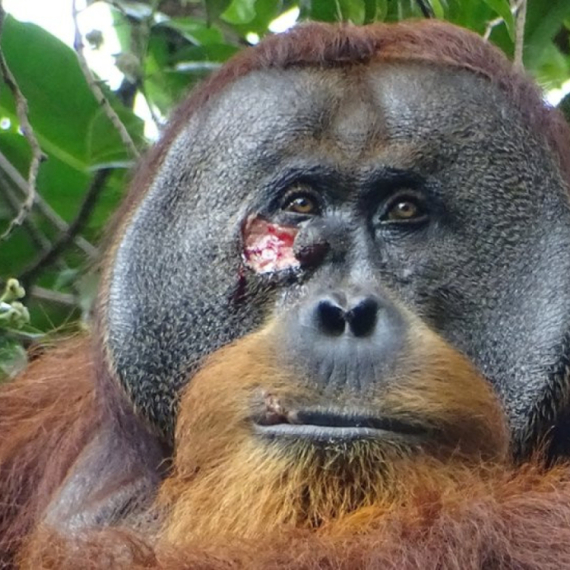
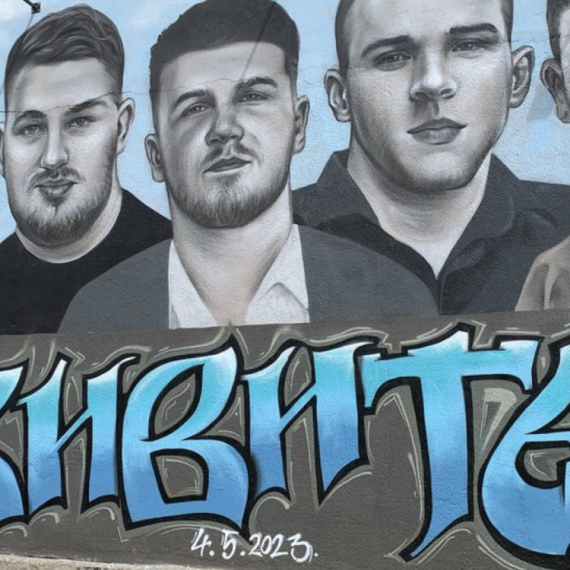

Komentari 5
Pogledaj komentare